The “How to Steep Herbal Tea for Maximum Benefits” guide introduces readers to the world of herbal teas and highlights their health benefits and calming effects. The guide offers a detailed step-by-step process on how to correctly steep herbal tea to ensure that you can fully enjoy and maximize these benefits for a truly delightful tea-drinking experience.
Unlock Nature’s Secrets with our Selection
Choose High-Quality Herbs
- Select fresh, vibrant herbs: When choosing herbs, he should look for ones that appear fresh and vibrant, with no wilting or discoloration. For example, he could choose basil with bright green leaves and a strong aroma.
- Prioritize organic options: He should opt for organic herbs whenever possible to ensure they are free from pesticides or other chemicals. For instance, he might pick up some organic mint leaves or organic thyme for a burst of natural flavor.
- Avoid old or low-quality herbs: It’s crucial to steer clear of old or low-quality herbs, as they can be flavorless or even spoil his dish. Steer away from herbs that look wilted, have brown spots, or lack fragrance like a bunch of dried parsley or dill.

Boil Fresh Water
- Bring fresh, filtered water to a rolling boil in a clean pot.
- Avoid boiling water in a plastic kettle due to the possible release of harmful chemicals.
- Ensure you submerge all herbs in the boiling water for maximum extraction of beneficial properties.
Preheat Teapot or Mug
- Rinse your teapot or mug with hot water.
- Swirl the hot water around to warm the vessel thoroughly.
- Make sure to pour out the water before adding herbs.
Add Herbal Tea
In your teapot or infuser, place the recommended amount of herbs for the perfect strength. Refer to the herbal tea packaging or recipe to determine the right quantity. Enjoy a flavorful and satisfying cup of herbal tea by following this simple step. Adjust the amount of herbs based on your personal preference for a customized blend.
Pour Boiling Water
- Pour the hot water over the herbs, covering them completely.
- Ensure that the herbs are fully submerged for proper steeping.
- Allow the mixture to steep for the recommended time.
Cover and Steep
- Cover the teapot or mug: Use a lid or saucer to ensure the herbs sealed in.
- Let the herbs steep: Allow the herbs to infuse, developing their flavor. Remember to steep for the recommended time stated in the recipe or approximately five minutes for most herbal teas.
Remember, covering the teapot or mug while the herbs steep enhances their flavor, so don’t skip this step!
Strain and Serve
- Remove the herbs or strain the tea before serving to avoid over-steeping.
- Gently pour the tea through a sieve into the serving vessel, ensuring no solid particles remain.
- Wait for any excess fluid to drain before transferring the strained tea into cups for a delightful experience.
Enjoy Your Herbal Tea
- Brew your herbal tea according to the suggested brewing time. Each herb infuses at its own pace, so be patient.
- Choose to drink your herbal tea slowly, savoring each sip to allow the flavors to fully awaken your senses.
- Sit in a quiet and peaceful setting, away from distractions, to fully immerse yourself in the experience of enjoying your herbal tea.
- Notice the aroma rising from the cup as you take your first sip. Close your eyes and let the calming properties of the herbs work their magic on you.
Experiment with Flavors
- Experiment with herbal combinations: Mix various herbs to create unique flavors. For example, try combining mint with chamomile or lavender with lemongrass.
- Adjust steeping times: Test different steeping times to determine the strength of the flavors. Experiment with shorter intervals for milder tastes and longer durations for bolder infusions.
- Discover your favorite flavors: Keep track of your combinations and steeping times to identify the ones you enjoy the most. Enjoy the process of creating custom herbal blends to suit your palate.
Optimizing Herbal Tea Consumption
In conclusion, by following the steps outlined in this guide, one can steep herbal tea correctly and unlock its full potential for maximum benefits. Ensuring the right steeping time, water temperature, and quality herbal ingredients are key to a delightful tea-drinking experience. So, brew a perfect cup of herbal tea and savor both the flavor and health benefits it has to offer.
Essential Supplies Needed
Expert Brewing Techniques
Perfect Tea Brewing: Unlocking the Secrets of Herbal Tea Magic
- Choose a variety of herbal teas: Start by selecting a few different types of herbal teas, such as chamomile, peppermint, or ginger, to explore their different flavors and health benefits
- Follow brewing instructions: Read the brewing instructions on the tea packaging carefully to ensure you steep the tea for the correct amount of time using the recommended water temperature
- Experiment with sweeteners and additives: Try adding honey, lemon, or fresh herbs to enhance the flavor of your herbal tea. You can also experiment with different sweeteners like stevia or agave syrup
- Learn about the health benefits: Research the potential health benefits of the herbal teas you are trying, such as relaxation effects from chamomile or digestion support from ginger, to better understand how they can contribute to your overall well-being
- Enjoy the experience: Take the time to savor and enjoy each cup of herbal tea, whether it’s a morning routine or a relaxing evening ritual. Pay attention to how the tea makes you feel and the subtle flavors you can detect
Herbal Teas FAQ
How are herbal teas different from regular teas?
Herbal teas are different from regular teas because they are made from dried fruits, flowers, herbs, and spices, whereas regular teas (such as green, black, or white tea) come from the leaves of the Camellia sinensis plant. Herbal teas generally do not contain caffeine, unlike regular teas which often do. Additionally, herbal teas are known for their health benefits and calming properties, while regular teas are more popular for their varying flavors and levels of caffeine.
What are some natural flavorings used in herbal teas?
Some natural flavorings commonly used in herbal teas include fruits like berries, citrus peel, herbs like mint or lemongrass, flowers such as chamomile or hibiscus, and spices like cinnamon or ginger. These natural flavorings add a variety of delicious tastes to herbal teas without the need for artificial additives. Additionally, they provide an array of potential health benefits depending on the specific herbs and ingredients used.
Do herbal teas help with relaxation and stress relief?
Yes, herbal teas can help with relaxation and stress relief. Many types of herbal teas contain natural compounds that have calming properties, such as chamomile, lavender, and peppermint. These herbs can help promote relaxation, alleviate stress, and improve overall well-being. It is recommended to incorporate herbal teas as part of a healthy lifestyle to help manage stress.
Are there any herbal teas that are not safe for pregnant women to consume?
Yes, there are several herbal teas that are not considered safe for pregnant women to consume due to their strong effects on the body. Some examples of herbal teas to avoid during pregnancy include parsley tea, sage tea, hibiscus tea, and licorice root tea. It’s always important for pregnant women to consult with their healthcare provider before consuming any herbal teas or supplements to ensure they are safe for them and their baby.
How can herbal teas promote better sleep?
Herbal teas can promote better sleep in several ways. Certain herbs, like chamomile and valerian root, have calming properties that can help to relax the mind and body, making it easier to fall asleep. Herbal teas also do not contain caffeine, reducing the likelihood of sleep disturbances. Additionally, the warmth of herbal tea can have a soothing effect, helping to create a bedtime routine that signals to the body that it’s time to wind down and prepare for rest. Overall, incorporating herbal teas into a bedtime routine can contribute to improved sleep quality and better relaxation.
How do you store herbal teas to maintain freshness?
To maintain the freshness of herbal teas, they should be stored in airtight containers away from light, heat, and moisture. It is recommended to store them in a cool, dark place such as a pantry or cabinet. Avoid storing them near stoves, ovens, or windows where they could be exposed to heat and light. Keeping herbal teas in sealed containers will help preserve their aroma, flavor, and health benefits for a longer period.
Are herbal teas caffeine-free?
Herbal teas are naturally caffeine-free. Unlike traditional tea made from the Camellia sinensis plant, which contains caffeine, herbal teas are made from a blend of herbs, fruits, flowers, and spices, which do not contain caffeine. So yes, herbal teas are a great caffeine-free option for those looking to reduce their caffeine intake.
What are herbal teas?
Herbal teas are beverages made from the infusion of various plant-based ingredients such as flowers, leaves, seeds, roots, or dried fruits in hot water. They do not contain any tea leaves from the Camellia sinensis plant, unlike traditional teas such as black, green, white, or oolong teas. Herbal teas are known for their diverse flavors, aromas, and potential health benefits due to the natural compounds found in the plant materials used. They are popular for their soothing properties and are often consumed for relaxation, hydration, or to support overall health and wellness.
Can herbal teas assist with digestion and bloating?
Yes, herbal teas can be beneficial for digestion and bloating. Certain types of herbal teas, such as peppermint or ginger tea, have been found to help relieve indigestion, reduce bloating, and promote overall digestive health. These teas can help calm a troubled stomach, reduce gas, and promote the flow of bile, which aids in digestion. Additionally, the warm liquid can also help relax the muscles in the digestive tract and provide relief from discomfort. Overall, incorporating herbal teas into your diet can be a natural and gentle way to support your digestive system and alleviate bloating.
Are there any potential side effects of drinking herbal teas?
Yes, some potential side effects of drinking herbal teas may include allergic reactions, gastrointestinal issues, interactions with medication, and toxicity if consumed in large amounts. It is important to research and consult with a healthcare provider before adding herbal teas to your diet to ensure their safety and effectiveness for you personally.

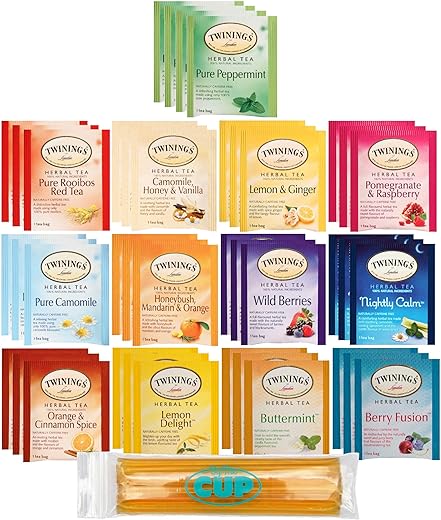







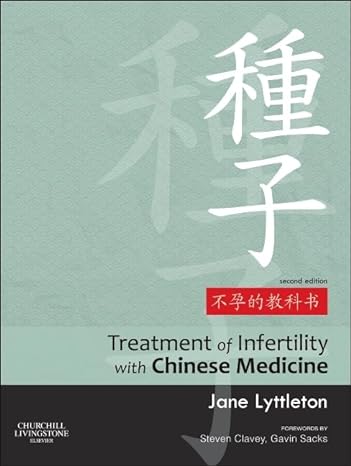
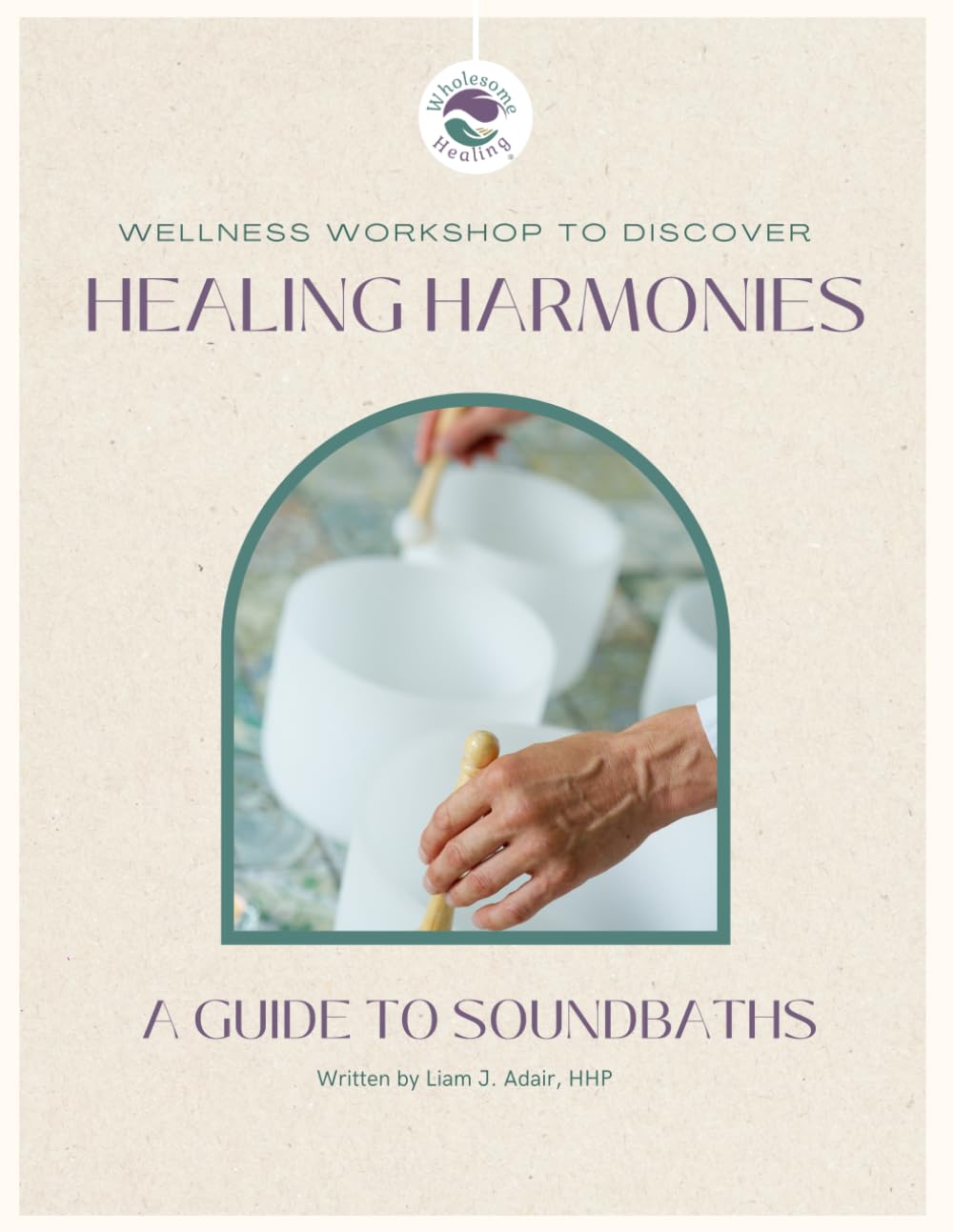
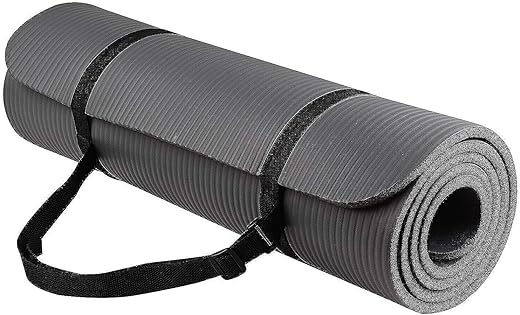



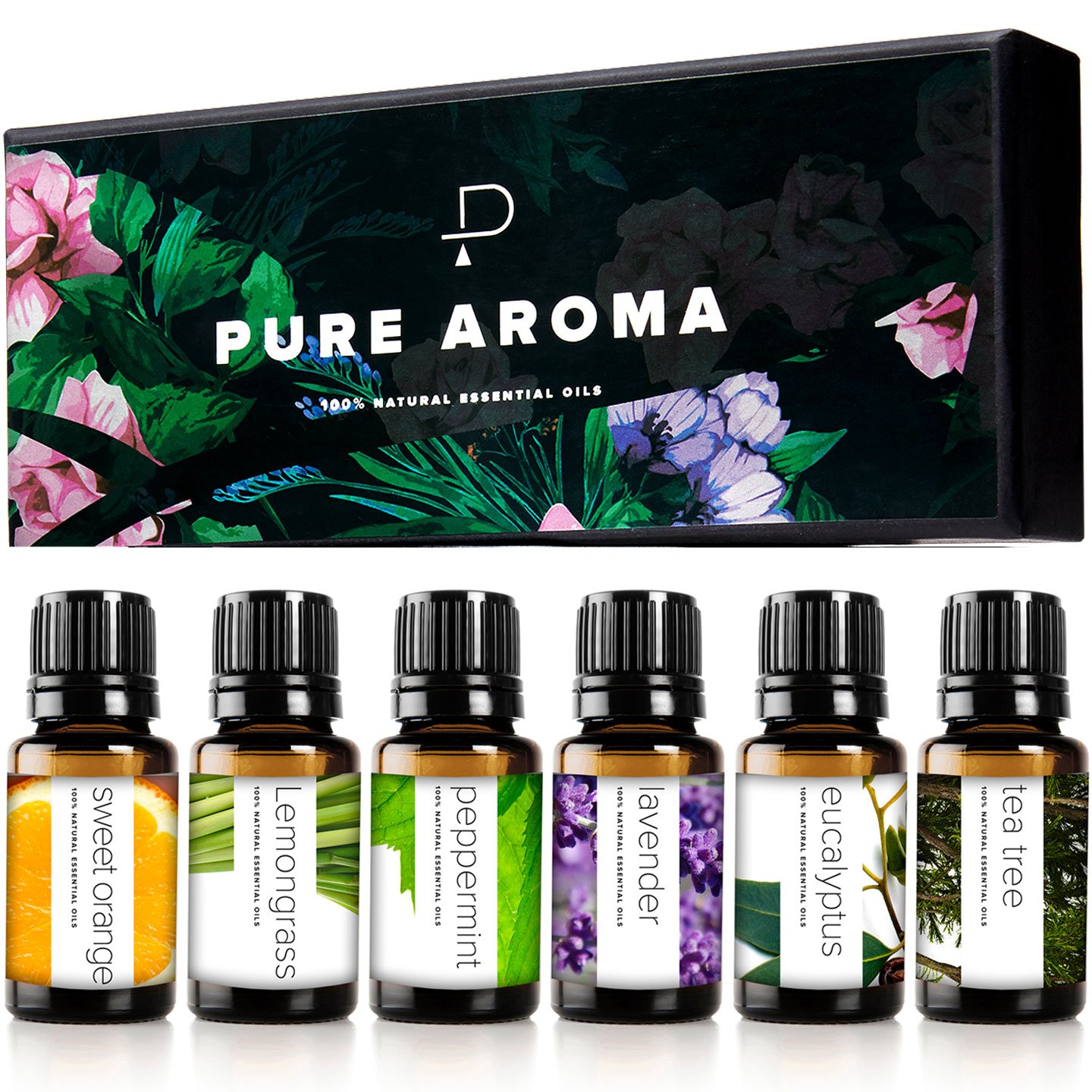

Overall, great article with practical tips for making the most out of herbal tea. Well done!
The tips on steeping times were very useful, thank you!
I never knew about the benefit of covering the tea while steeping, will definitely try that next time.
Interesting to learn about the temperature control for different types of herbal tea, very informative.
It would have been helpful to include some specific brands or types of herbal teas for beginners to try.